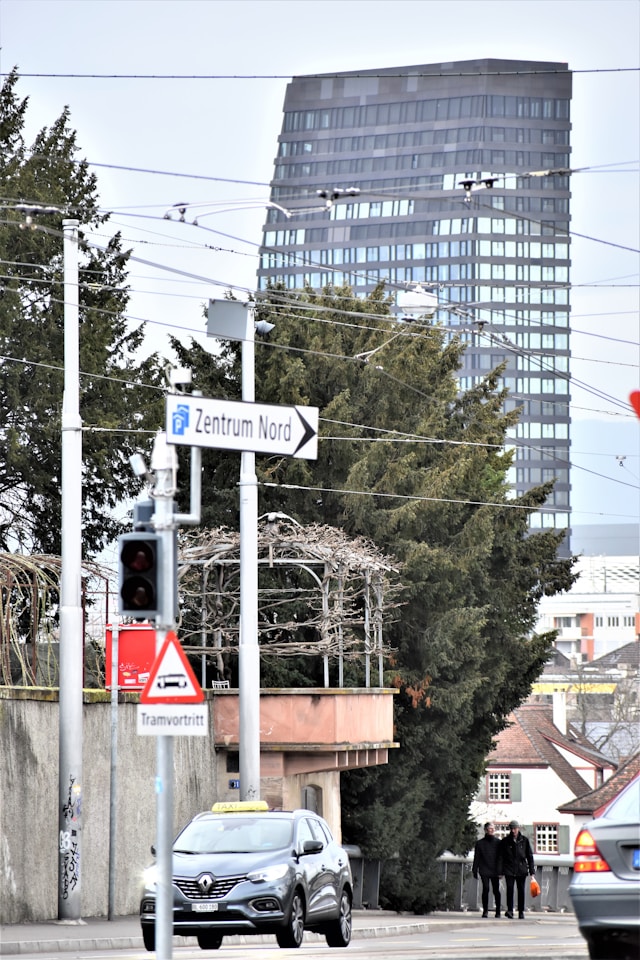Swiss cities are leveraging real-time data to enhance urban management and public services, ensuring efficient and effective operations that improve the quality of life for their residents. From traffic management to public safety, real-time data is transforming the way these cities function.
Transforming Traffic Management
Swiss cities like Zurich and Geneva are leading the way in using real-time data to manage traffic. Zurich’s traffic management system collects data from various sources, including GPS devices, traffic cameras, and road sensors, to optimize traffic light timings and reduce congestion. This approach has led to a noticeable reduction in traffic delays, making daily commutes smoother and more efficient.
Geneva has also implemented real-time traffic monitoring, which helps in quickly identifying and addressing traffic incidents. By using data analytics, the city can adjust traffic flow dynamically, ensuring that traffic moves smoothly even during peak hours.
Smart Parking Solutions
Finding a parking spot in busy urban areas is a common challenge. Swiss cities have adopted smart parking solutions that use real-time data to guide drivers to available parking spaces. For instance, the city of Zurich utilizes a system that provides real-time information on parking availability through mobile apps and digital signage. This reduces the time spent searching for parking and decreases emissions from idling vehicles.
Public Transportation Enhancements
Public transportation systems in cities like Basel have greatly benefited from real-time data. Basel’s public transit authority uses real-time data to monitor bus and tram locations, providing accurate arrival times to passengers. This improves the overall user experience and ensures that public transportation remains a reliable option for commuters.
Enhancing Waste Management and Environmental Sustainability
Efficient waste management is crucial for maintaining clean and sustainable urban environments. Swiss cities have implemented smart waste management systems that rely on real-time data to optimize waste collection routes and schedules. This approach not only reduces operational costs but also minimizes the environmental impact.
Intelligent Waste Bins
Intelligent waste bins equipped with sensors monitor fill levels and send alerts when they need to be emptied. This real-time data enables waste collection services to prioritize and plan their routes more efficiently, ensuring that bins are emptied before they overflow. Lausanne, for example, has seen significant improvements in waste collection efficiency since implementing this technology.
Air Quality Monitoring
Air quality is a significant concern in urban areas. Cities like Zurich and Geneva use this data to inform residents about current air quality and to implement measures to reduce pollution. For instance, during high pollution periods, cities can promote the use of public transportation or implement temporary traffic restrictions to improve air quality.
Improving Public Safety and Emergency Response
Real-time data plays a vital role in enhancing public safety and emergency response in Swiss cities. By integrating various data sources, authorities can respond more effectively to emergencies and ensure the safety of residents.
Smart Surveillance Systems
Smart surveillance systems equipped with real-time data analytics are being used to monitor public spaces and detect suspicious activities. These systems can quickly alert authorities to potential security threats, enabling a rapid response. Zurich, for example, has integrated real-time surveillance data with its emergency response system, leading to improved crime prevention and response times.
Emergency Response Coordination
Real-time data is crucial for coordinating emergency response efforts. During natural disasters or large-scale emergencies, real-time data from weather sensors, social media, and emergency services can be used to create a comprehensive situational awareness. This enables authorities to deploy resources more effectively and ensure the safety of affected populations.
Benefits of Real-Time Data in Urban Management
Swiss cities are reaping numerous benefits from the use of real-time data, including:
- Reduced Traffic Congestion: Optimized traffic light timings and dynamic traffic management reduce delays and improve traffic flow.
- Improved Public Transportation: Accurate arrival times and efficient routing enhance the reliability of public transit.
- Efficient Waste Management: Intelligent waste bins and optimized collection routes lower costs and environmental impact.
- Enhanced Public Safety: Smart surveillance and better emergency response coordination improve overall safety and security.
- Better Air Quality: Real-time monitoring allows for timely measures to reduce pollution and protect public health.
The integration of real-time data into urban management is transforming the cities, making them more efficient, sustainable, and safer for their residents. As technology continues to advance, the potential for further improvements in public services through real-time data is immense, promising a brighter and more efficient future for urban living.



